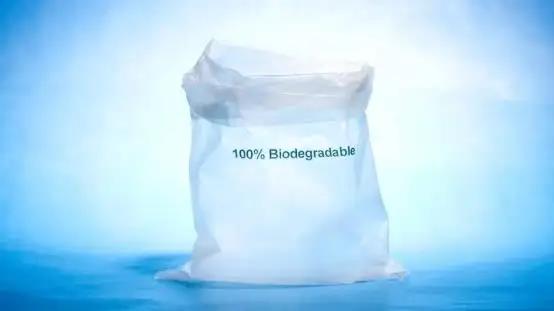In recent years, as global awareness of environmental protection has grown, the issue of plastic pollution has become increasingly prominent. To tackle this challenge, more companies and research institutions are focusing on developing biodegradable packaging bags. These new packaging materials not only reduce the negative impact on the environment but also offer a fresh approach to solving the global waste management problem.

What Are Biodegradable Packaging Bags?
Biodegradable packaging bags are materials that can decompose into harmless substances such as carbon dioxide, water, and biomass under natural conditions (like sunlight, temperature, humidity, and microorganisms). Compared to traditional plastic bags, the biggest advantage of biodegradable bags is their reduced environmental impact, minimizing the pollution caused by landfills and incineration.
Rapid Growth in Market Demand
As consumers demand more eco-friendly products, many retailers and food companies have begun adopting biodegradable packaging bags. Globally recognized brands such as IKEA and Starbucks are already leading the way in promoting these environmentally friendly packaging solutions. At the same time, various governments have introduced policies to encourage businesses and consumers to use biodegradable materials. For instance, the EU's "Plastic Strategy" explicitly calls for a reduction in single-use plastics in the coming years.
Technological Advances and Challenges
Currently, the main raw materials for producing biodegradable packaging bags include starch-based materials, PLA (polylactic acid), and PHA (polyhydroxyalkanoates). However, despite rapid technological advancements, biodegradable bags still face some challenges. Firstly, their production costs are relatively high, limiting large-scale adoption. Secondly, some products still require specific conditions for proper decomposition and may not fully degrade in ordinary environments.
Future Outlook
Despite the technological and cost challenges, the future of biodegradable packaging bags remains promising. With increased investment in research and development, along with expanded production scales, biodegradable packaging is expected to become more cost-effective. Moreover, as global environmental regulations become more stringent, the use of biodegradable materials will become a crucial way for companies to fulfill their social responsibilities and enhance their brand image.
Overall, biodegradable packaging bags are gradually becoming a key player in the market for plastic alternatives, not only driving the development of the environmental protection industry but also contributing to global sustainable development.
Yantai Meifeng Plastic Products Co., Ltd.
Post time: Sep-12-2024







